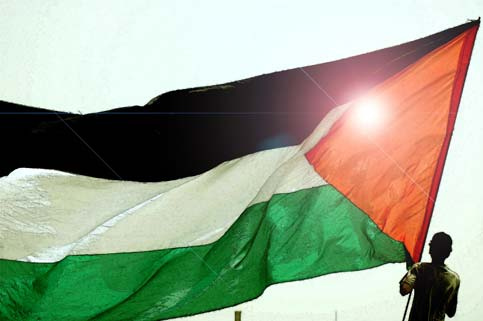
An interesting debate has begun over at Foregin Policy. Last Tuesday, Israel’s vice premier and minister of strategic affairs Moshe Ya’alon wrote a provactive article that blames Palestinians for stalling the peace process. He writes that Palestinians, “instead of concluding a deal with Israel…have demonstrated a total unwillingness to compromise, often favoring terrorism, as witnessed in the barrage of terrorist attacks that followed the Camp David negotiations of 2000. Is it any wonder Israelis find it ever more difficult to trust the Palestinians?”
Then yesterday, the Palestinian Liberation Organization’s chief representative in the United States, Maen Rashid Areikat, wrote an impassioned rebuttal that defends the Palestinians’ right to liberty and argues that Israel’s best prospects for security lie in recognizing true “freedom and independence” for Palestine.
Look out for further opinions thrown into this argument this week. It is a passionate and divided dialogue already. Unfortunately, none of this discourse is likely to revive the current negotiations.
One day, Palestinian and Israeli leaders will agree to compromise. It is interesting to note that both Ya’alon and Areikat need to assert that both Israel and the PLO have repeatedly recognized each others’ right to statehood. Both authors then lament the other side’s unwillingness to meet one another halfway in negotiations – the Israelis refuse to respond to Palestinian ideas on “the core issues, such as the future of Jerusalem, refugees, settlements, security and water issues,” while the Palestinians cannot come to terms with “the fact that the Jewish people will continue to exercise their historical right to sovereignty in their homeland.”
This kind of rhetoric is exhausting. It is clear from both articles, as well as a variety of official documents, that both states have a right to exist. It is also clear that this conflict will go on forever unless some kind of compromise is achieved. But, as Richard Haass pointed out last week, “compromise has become a dirty word.” He was discussing domestic politics in Washington but his point applies here too. There will be no peace without compromise. Palestine will be free, someday. The alternative is increased political and social tension, and eventually, violence. Let’s hope that American, Israeli, Palestinian, and international leaders can soon figure out a path toward reconciliation.